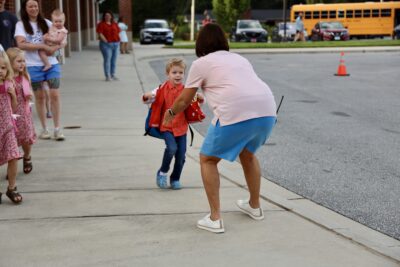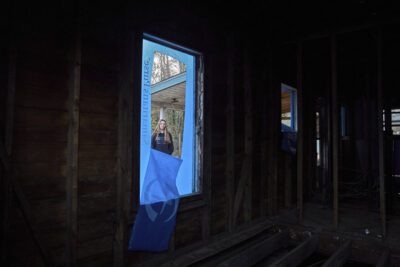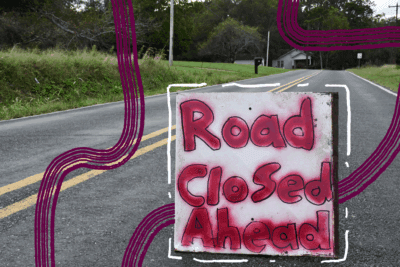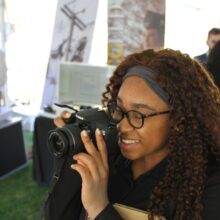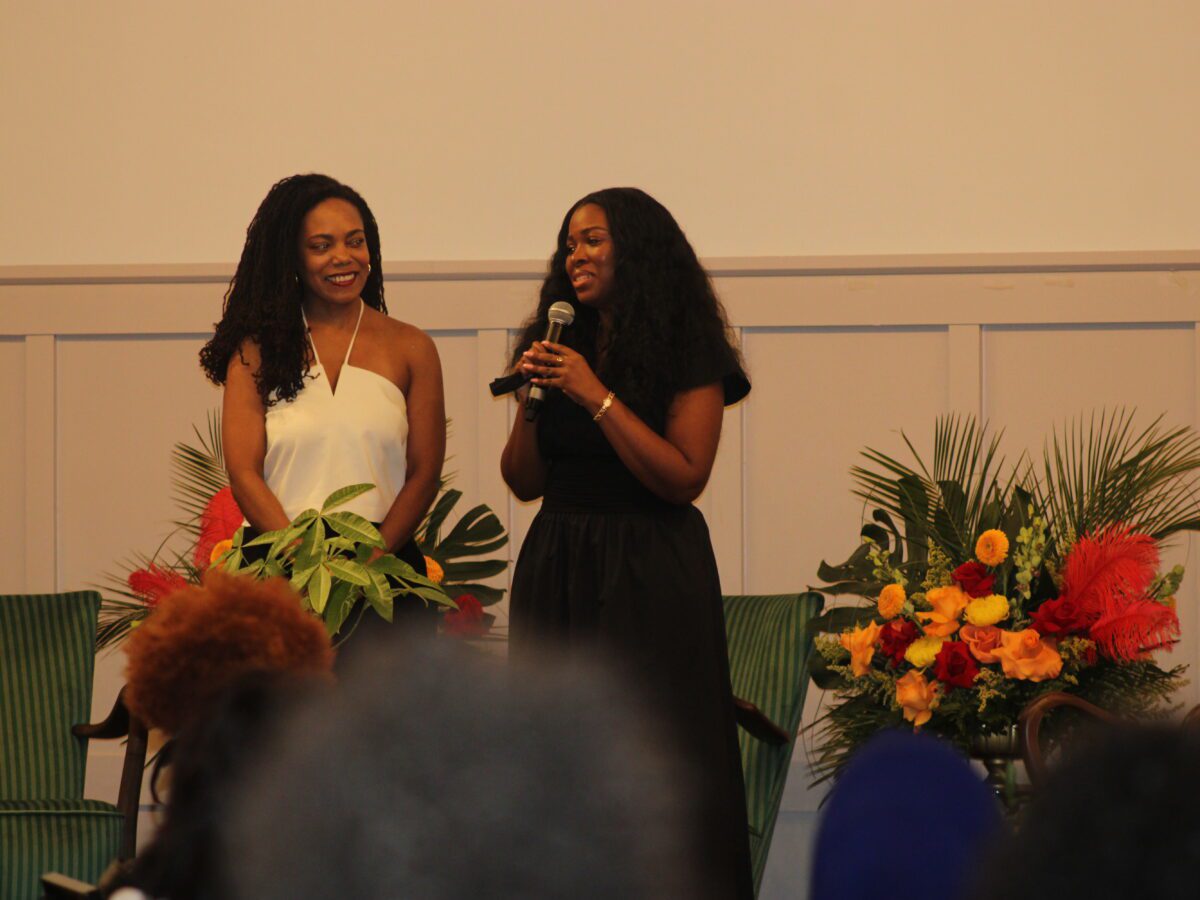
Black educators in New Orleans recently reflected on the long-lasting impacts of natural disasters on their education system — and what lessons can be learned for other states and future disasters.
Black Education for New Orleans (BE NOLA) is a nonprofit that supports Black educators in their city. Programs hosted by the organization include a six-month teacher professional development program, community conversations with other local Black organizations in the city, professional learning communities at different schools, and the annual Black is Brilliant Summit, hosted earlier this month.
![]() Sign up for the EdWeekly, a Friday roundup of the most important education news of the week.
Sign up for the EdWeekly, a Friday roundup of the most important education news of the week.
The summit, which welcomed educators from all over the country, was a four-day convening to celebrate New Orleans’ education history. Attendees were able to network and hear speeches from leaders in the religious, academic, and civil rights spaces. Presentations and panels were also given by artists and activists who are influential in the New Orleans education space. With wellness being a priority, attendees were also able to attend guided fitness classes before and between conference sessions.
Stevona Elem-Rogers, one of the founders of BE NOLA, emphasized that the summit was a meaningful space for Black educators to connect.
“The summit is a space to dream and imagine,” she said. “The summit is a space where we can be ourselves. The summit is a space where we can learn, where we can walk away with deeper reflection.”
A running theme throughout the summit was the 20th anniversary of Hurricane Katrina. According to research done at Louisiana State University, between 100,000 and 200,000 students were displaced along the Gulf Coast following the storm, which also destroyed 100 of 128 public school buildings and left about 7,500 of their employees without jobs.
Historically Black Colleges and Universities (HBCUs) and K-12 schools are seen as keepers of cultural traditions and leaders of social justice movements, BE NOLA said in its programming booklet. “Despite this, post-Katrina educational reforms have undersupported these schools and undervalued their unique pedagogies,” the booklet said.
During the summit, BE NOLA hosted a screening of the HBO Max documentary, “Katrina Babies.” The film recaps the hurricane through the lens of people who were children at the time. The screening was followed by a panel discussion featuring filmmaker Edward Buckles Jr. and local historian Cierra Chenier — both of whom experienced the storm as children.
The panelists said that if the next generation is not taught about Hurricane Katrina, then they will not understand the origin of problems their city has in the present.
“Hurricane Katrina didn’t just impact people in New Orleans,” Buckles said. “This radicalized a lot of people. … People like literally woke up and saw how America was doing Black people. So it’s important for us, especially, especially the young people in this room and young people in New Orleans, to just understand their history.”
The filmmaker also explained how people were emboldened to be more active in the community by the treatment of the residents of New Orleans, particularly Black people, so it’s especially important for young people to understand their history.
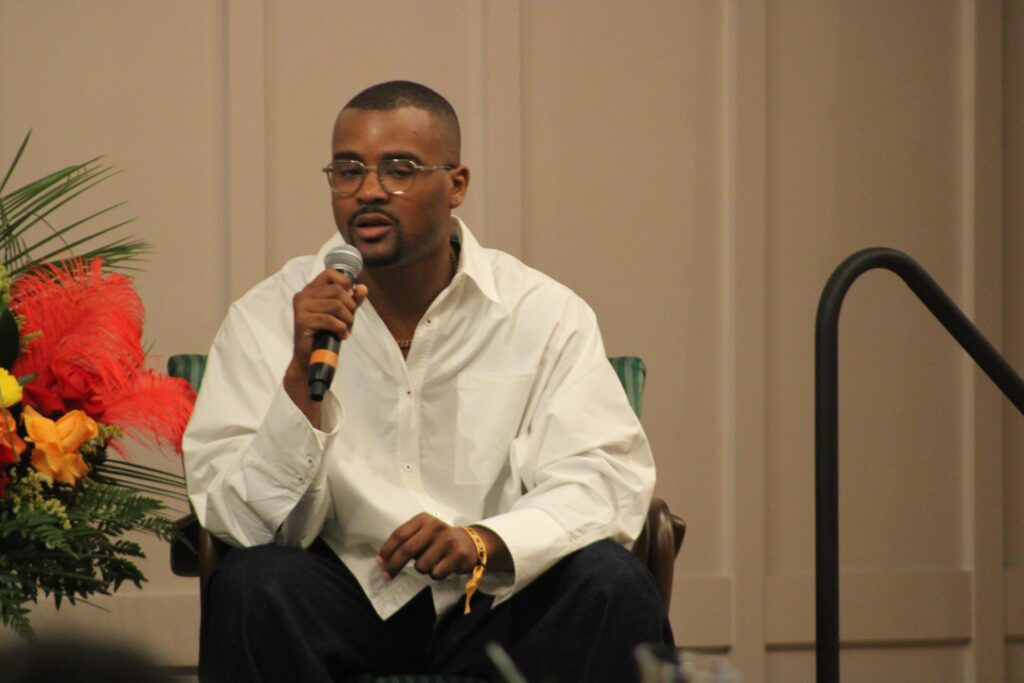
Buckles is also a former high school film and media instructor. He said he still considers himself a teacher when he is working with young people on set. In terms of addressing signs of trauma that he sees, he tries to take a direct approach.
“My goal is to make it a norm to talk about things,” Buckles said. He also said that he believes many adults did not ask youth in depth about their experience after the hurricane because they did not have a normalized dialogue to discuss feelings. He tries to not make young people feel like “they’re too young to have a real conversation.”
“They have something to offer to this world. They have something to offer to a lot of the stuff that’s going on. They have something to offer when it comes to how they’re feeling — even if they don’t know how to articulate it,” Buckles said. “But they won’t ever learn how to articulate it if we’re not engaging them and getting them involved in the practice of oral storytelling and conversations.”
Read more
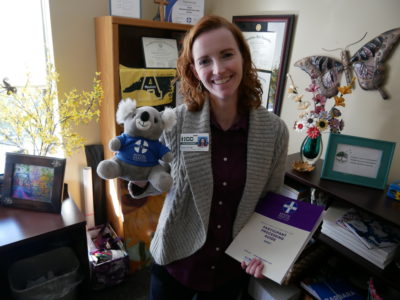
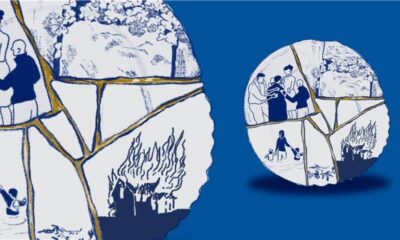
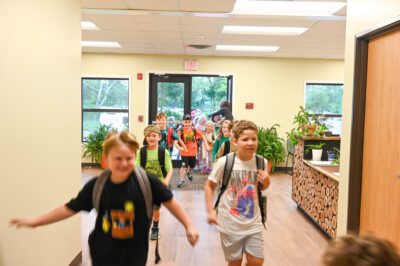
Adrinda Kelly, executive director of BE NOLA, said that New Orleans can offer many lessons to other states in terms of the rebuilding and disaster recovery effort. Through the lens of education, Kelly said the biggest thing that was a miss in their case was the mass termination of educators.
“Then the fact that we spent so many resources and had so much focus on bringing in outside resources and talent, versus trying to undergird the significant talent of the institutions that existed already,” Kelly said.
Kelly said that it’s important to think about preserving the efforts and identities of schools and environments at the beginning of the rebuilding process.
“We looked at New Orleans education post-Katrina, and said it was a blank slate, said nothing good was coming out of it — completely erasing the stories of people like me. The efforts of so many educators and the great, great work that was being done in extremely difficult circumstances to grow children,” Kelly said. “And as a result, we built a system that is struggling to catch up to its cultural capital, struggling to make sure its schools are really representative of the students served.”
Dr. Howard Fuller, one of BE NOLA’s founding members, spoke to summit attendees about his experience as a civil rights activist as an organizer in North Carolina in the 1960s and 1970s. He is most known for starting Malcom X Liberation University in Durham in 1965 following protests by Black students at Duke University. At the conference, he spoke about what happens to communities during natural disasters from a general standpoint.
“What happens is that when those natural disasters hit communities where people already lack power… What those natural disasters do is just add to the overall oppression that those communities experience,” Fuller said. “And the ability to ‘bounce back’ is significantly different for people who are poor than it is for people who have resources.”
In North Carolina, thousands of students were displaced after Hurricane Helene in September 2024 and four school districts are have worked to recover buildings damaged buildings — and nurture community resilience.
In New Orleans, Buckles left conference attendees with words about the importance of being resilient.
“It’s important, if we’re going to start and keep this up of educating our youth about Hurricane Katrina and other things that have happened to us, I think that we have to humanize it in a way that they can make it make sense to them and feel it,” he said.
Recommended reading
